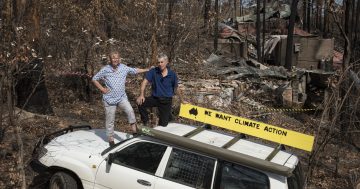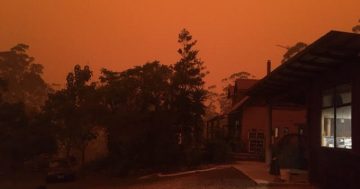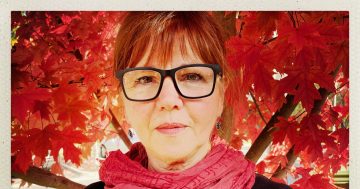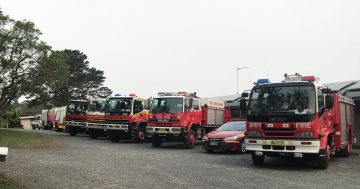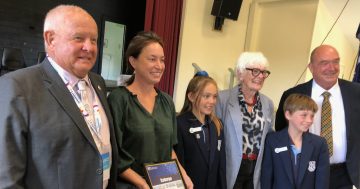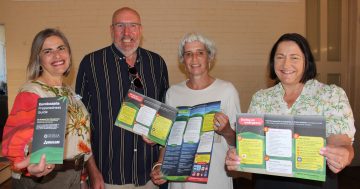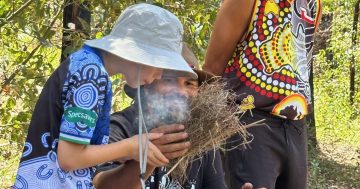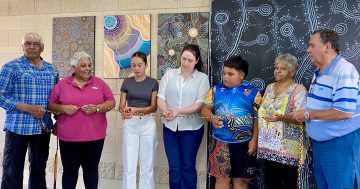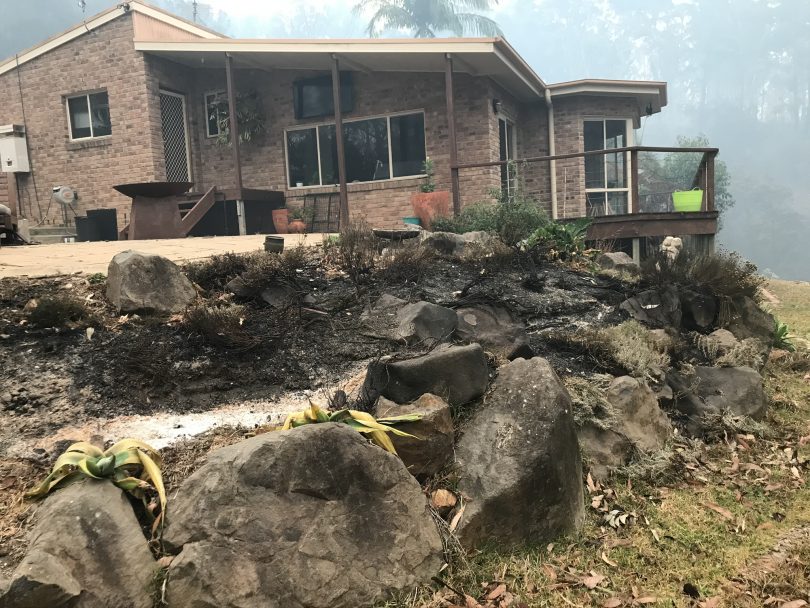
Surrounded by burnt bushland, Kim’s house at Malua Bay was still standing following the New Year’s Eve bushfires. Photo: Supplied.
Just a month before the bushfires hit the NSW South Coast on New Year’s Eve, I was lucky enough to be made redundant.
Putting “lucky” and “redundant” together may seem like an oxymoron but, in retrospect, lucky is exactly what it was.
Faced with a massive clean up after bushfire tore through my 10-acre property in Malua Bay – taking with it both my adult children’s homes, as well as damaging my own house and destroying fences, stables, sheds and round yards – paid work was the furthest thing from my mind.
I’m in awe of those people who went back to their day jobs while still battling to find some sort of new normal at home. I’m not sure I could have done that. Bunkering down, cleaning up and rebuilding was the best I could do.
Anecdotally, you hear of people who quit their jobs and, more tragically, some who took their own lives, because the stress and strain was just too much.
Six months on from the devastating bushfires, we are the lucky ones. There are still retaining walls to be built, fences to be fixed and burnt bush to be cleared, but everyone has a roof over their head, our homes are warm and we have each other.
Not everyone is so fortunate.
There are people still living in tents, others struggling with mental health problems, children terrified by the sight of pile burns and business owners trying to make sense of the new world order brought on by fire and COVID-19.
With the NSW Bushfire Inquiry behind us and the Royal Commission into National Natural Disaster Arrangements in full swing, now is the time for us to take stock.
There were failings in our systems that allowed these tragic bushfires to happen, and then failed to catch people when they fell through the safety net at the other end.
The NSW Government’s offer to pay for the clean up was a stroke of genius. The relief I felt when the Laing O’Rourke crew came through with their professionalism and compassion was immense. My heart goes out to those in Cobargo and its surrounds who are still waiting. It’s hard to move on when all that you’ve lost is staring you in the face.
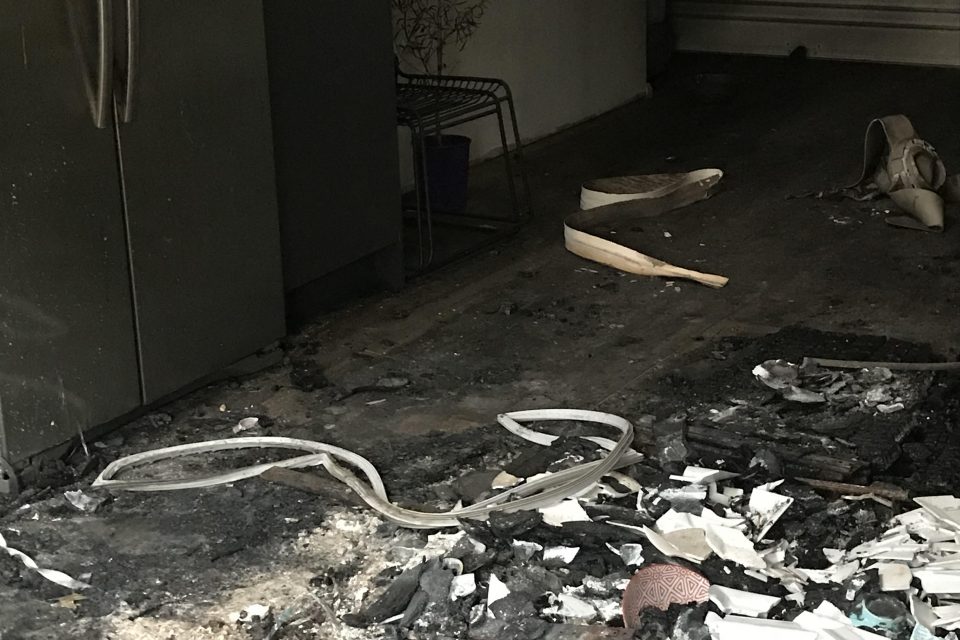

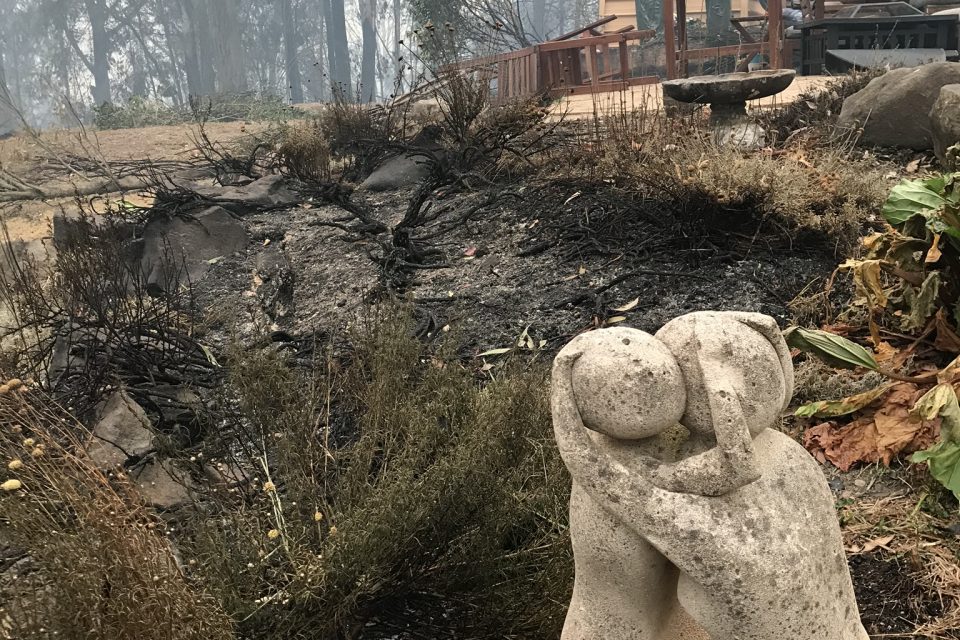
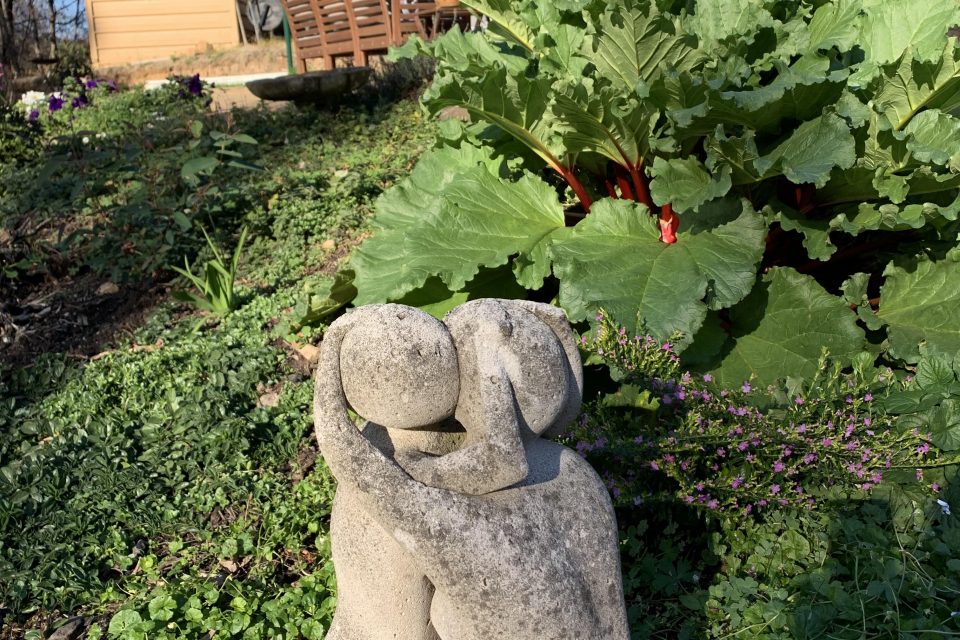
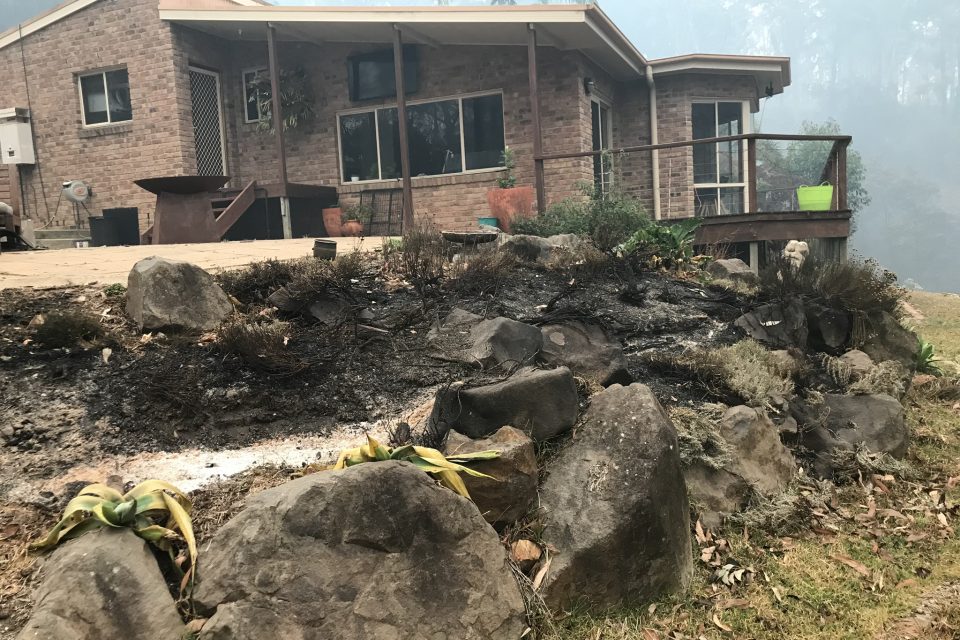

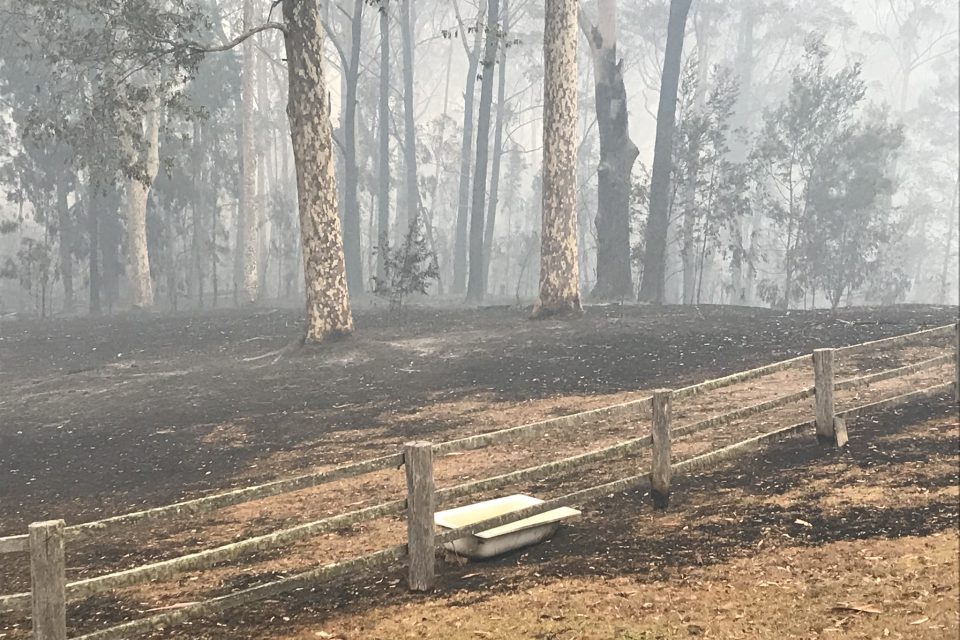
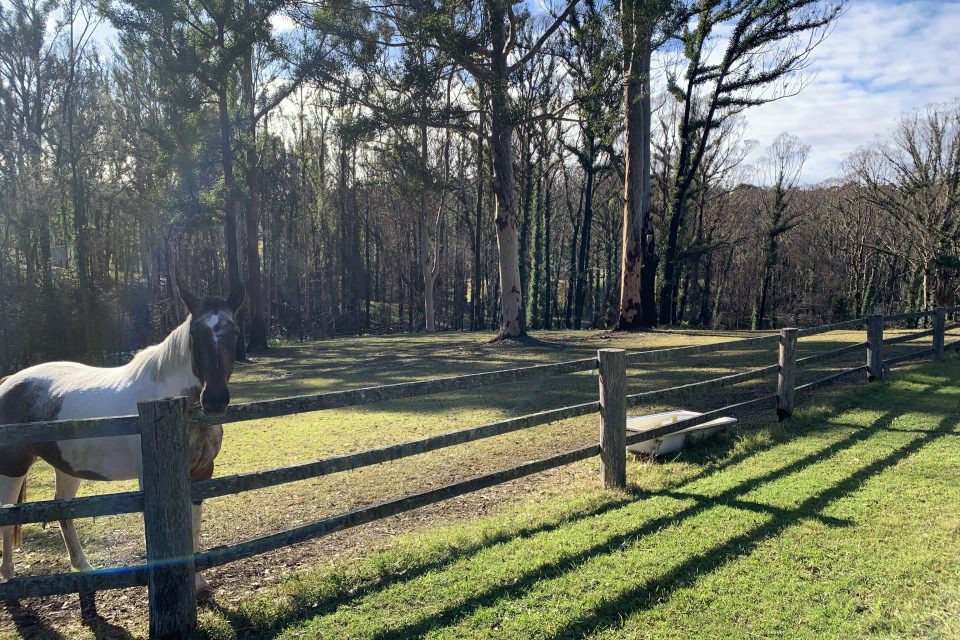
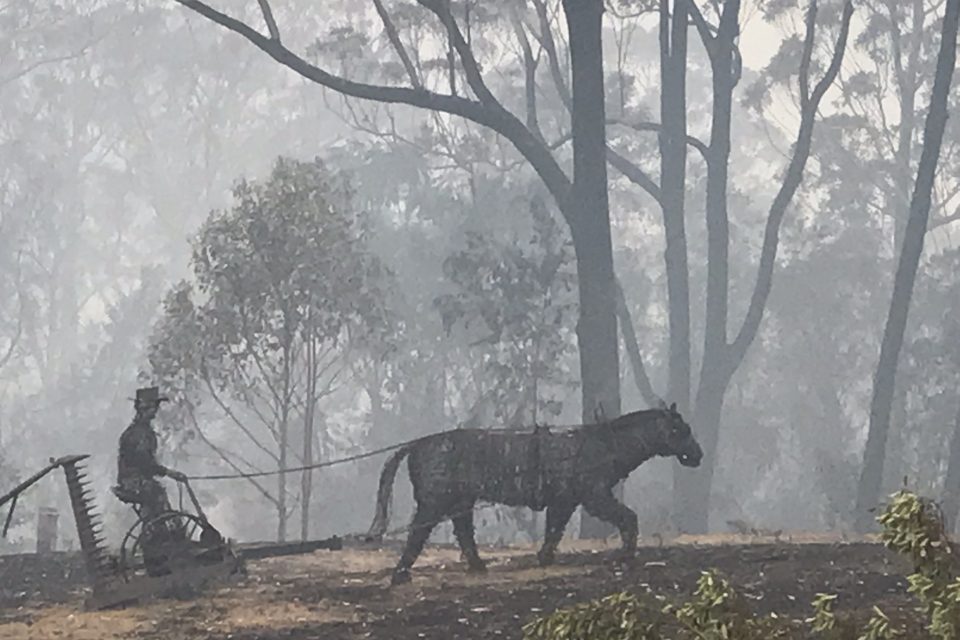
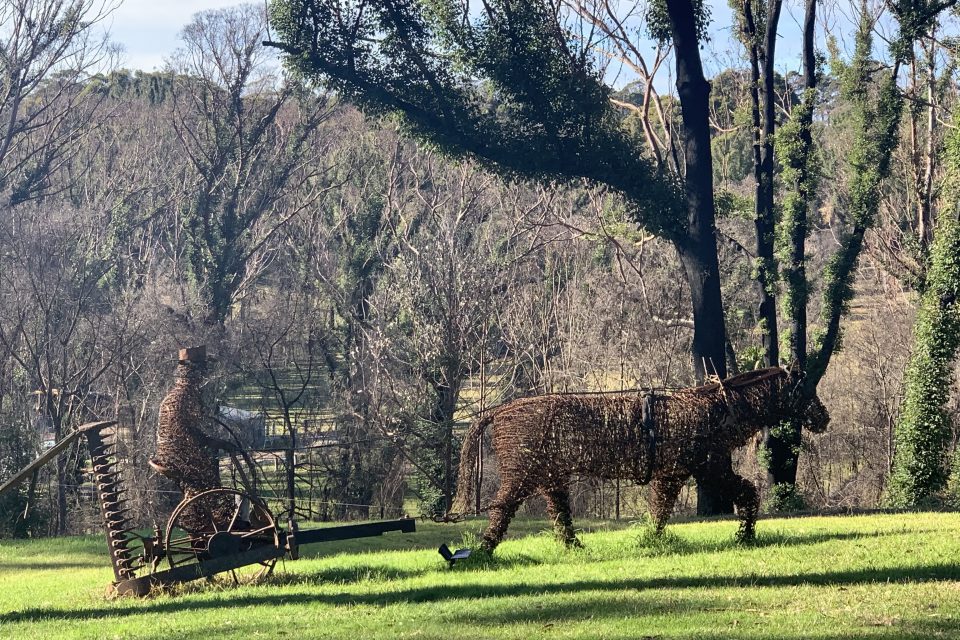
READ ALSO: Petrol taken from buses for firetrucks
Bushfires are a part of the Australian landscape and we need to learn how to respond to them.
I don’t claim to have all the answers, but I know what would have helped me. I like to think of them as the three Cs:
– Better communication.
– Better coordination.
– More cooperation.
Looking back, the most frightening part of the bushfire emergency was our inability to access timely information. With phone towers down, no internet, no television and limited radio, we were essentially on our own. There was no way to call for help, let alone reassure family and friends that we were alive.
I can understand losing essential services in a disaster, but when days turned into weeks and now months without access to reliable telephone and internet, it’s hard to stomach.
It’s even harder when you are constantly told to access emergency relief via websites or helplines. We deserve better.
Next, coordination.
When you have been through a traumatic experience, having to relay it over and over again to well-meaning support workers is harrowing. Worse still were the instances of people who’d lost everything lining up behind others complaining of smoke damage to their drapes. Surely the state government could compile one list of victims and their individual circumstances which could be used by charitable organisations to allocate funding.
READ ALSO: Charges laid after alleged bushfire fraud
All that flows through to the final piece of the puzzle: cooperation.
Eurobodalla Shire Council’s call for emergency service agencies and infrastructure to be combined makes sense.
On New Year’s Day, representatives from at least four different organisations visited my property. All gave me different advice and information.
Again, we can do better.
Finally, let’s put the debate about climate change behind us once and for all. The time for talk is over. What we need now is action. No-one wants to see another Black Summer.
Were you affected by the Black Summer bushfires? What changes would you like to see? Please comment below.







